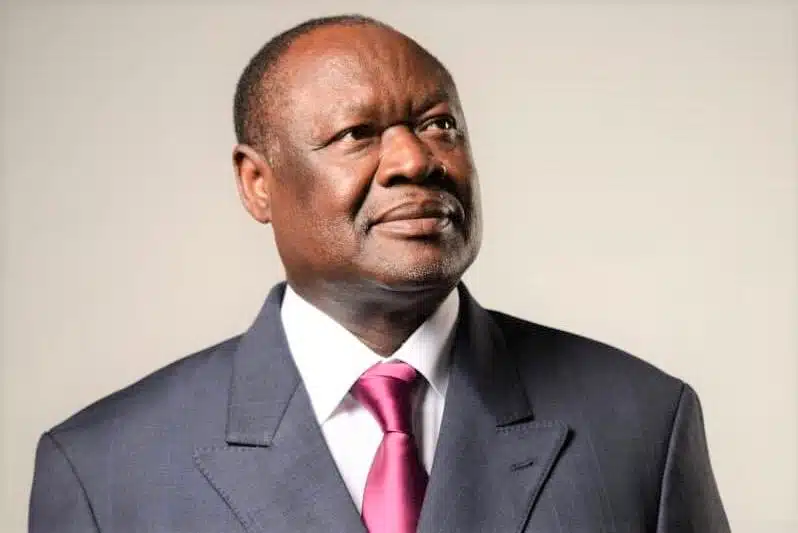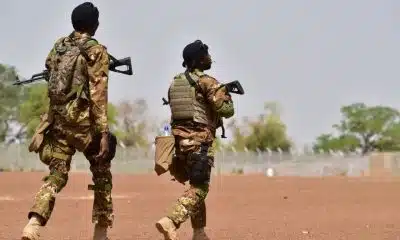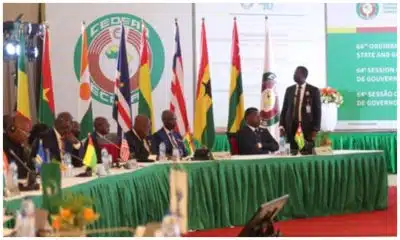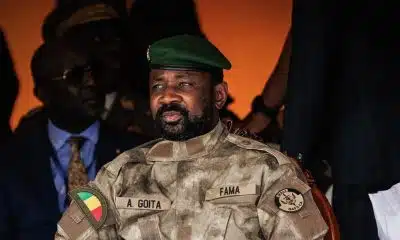Africa News
Burkina Faso Opposition Leader, Ablassé Ouedraogo Goes Missing

Burkina Faso‘s former Minister of Foreign Affairs, Ablassé Ouedraogo, who has transitioned into an opposition leader, has been reportedly missing for three days.
According to his party, Ablasse Ouedraogo was taken from his residence by individuals claiming to be police.
Ablasse Ouedraogo has a distinguished background, having served as the foreign minister and deputy director-general of the World Trade Organization.
He also held roles at the African Development Bank. Currently leading the opposition party Le Faso Autrement, Ouedraogo has been a vocal critic of the military regime that assumed power in Burkina Faso after a coup in September 2022.
In early November, the Burkinabe military sought to deploy the 70-year-old Ouedraogo to the front lines to contribute to the “fight against terrorism” in a country plagued by a persistent jihadist insurgency.
His political party condemned this move, alleging it was a form of retaliation for Ouedraogo’s outspoken criticism of the country’s rulers.
The military has drafted around a dozen dissidents to participate in the fight against jihadists, Human Rights Watch said in November.
On Sunday evening, Ablasse Ouedraogo was reportedly taken from his residence in Ouagadougou by individuals claiming to be members of the national police, as stated in a release by his party, Le Faso Autrement, on Tuesday.
Since the incident, there has been no information about his whereabouts, and attempts to communicate with him have been unsuccessful. The party is now urging for the immediate and unconditional release of Ouedraogo.
Ablasse Ouedraogo previously served as the foreign minister during President Blaise Compaore’s tenure from 1994 to 1999.
In an open letter published in early October, he criticized what he perceived as “restrictions on individual and collective liberty, muzzling of the press,” and the “decline of democracy” under the military junta.
The military, led by Captain Ibrahim Traore, seized power in Burkina Faso in 2022, citing a failure to suppress a jihadist insurgency that began in 2015. This insurgency originated when a rebellion by Al-Qaeda-affiliated extremists spilt over from neighbouring Mali.
In December, the U.S. State Department expressed concern about the “growing use of targeted forced conscriptions, shrinking civic space, and restrictions on political parties” in Burkina Faso.












